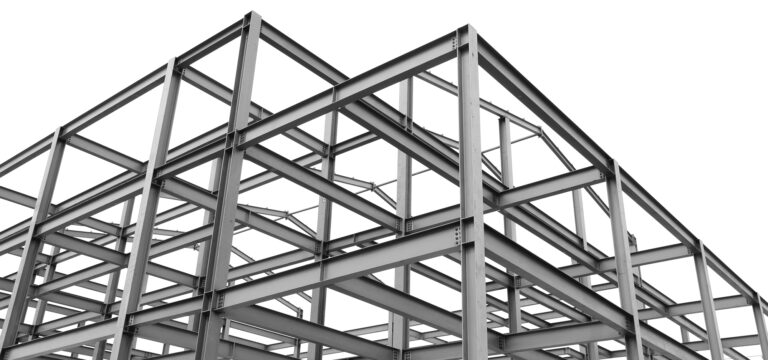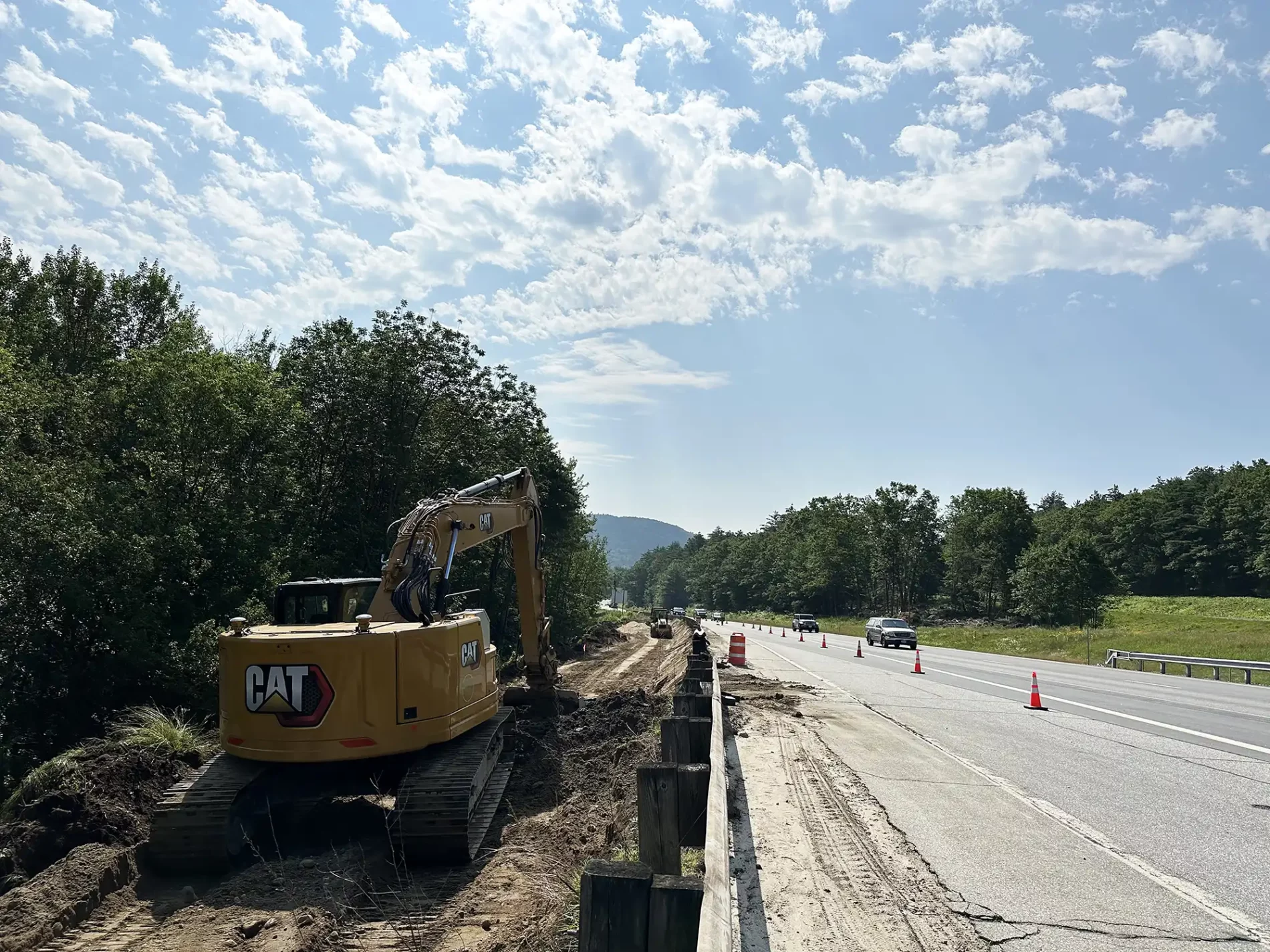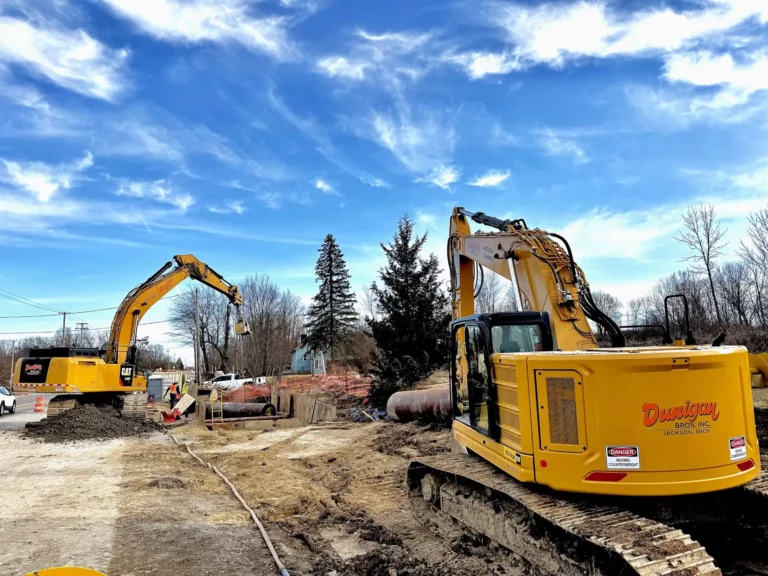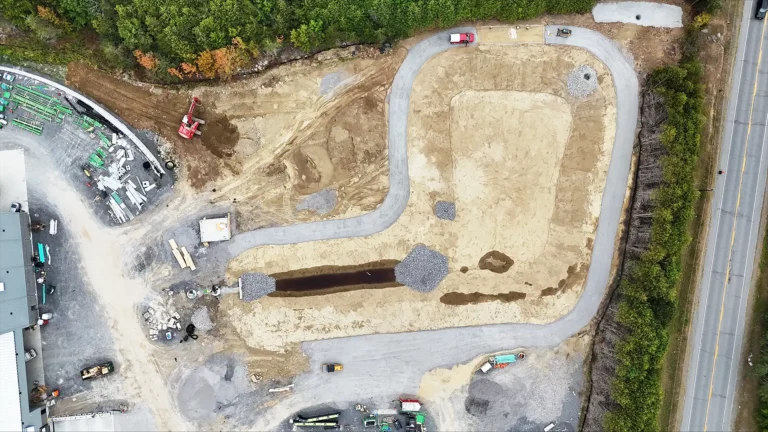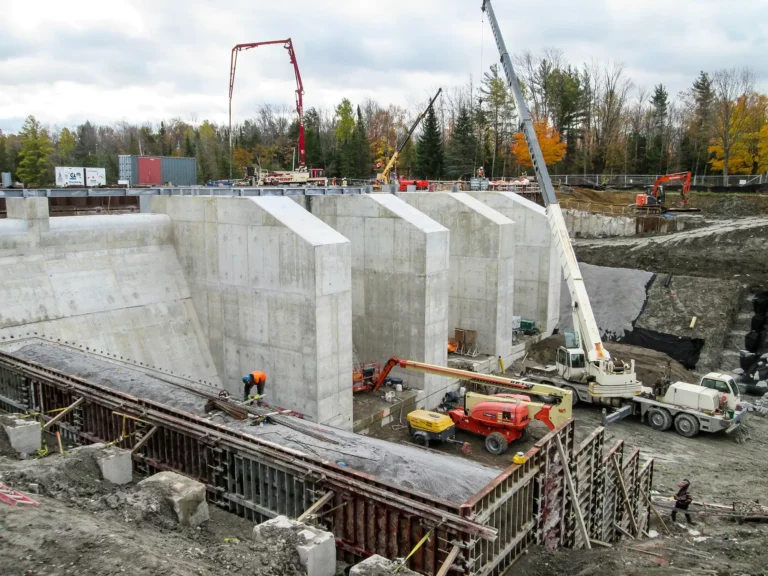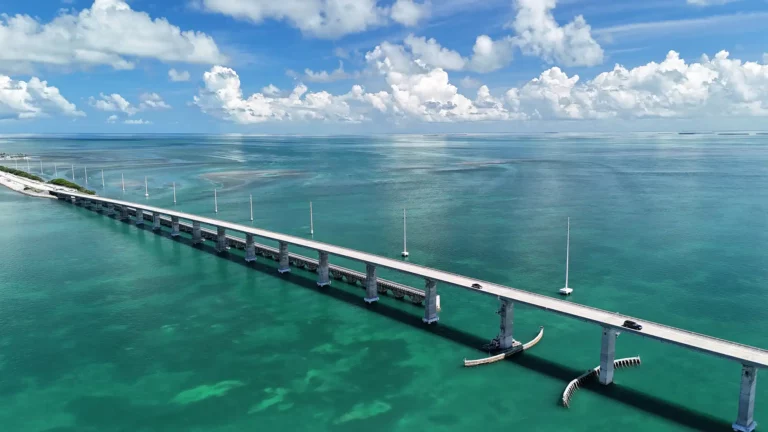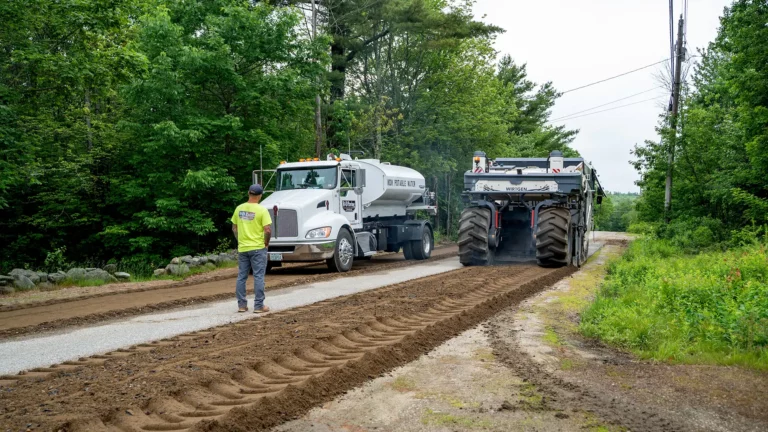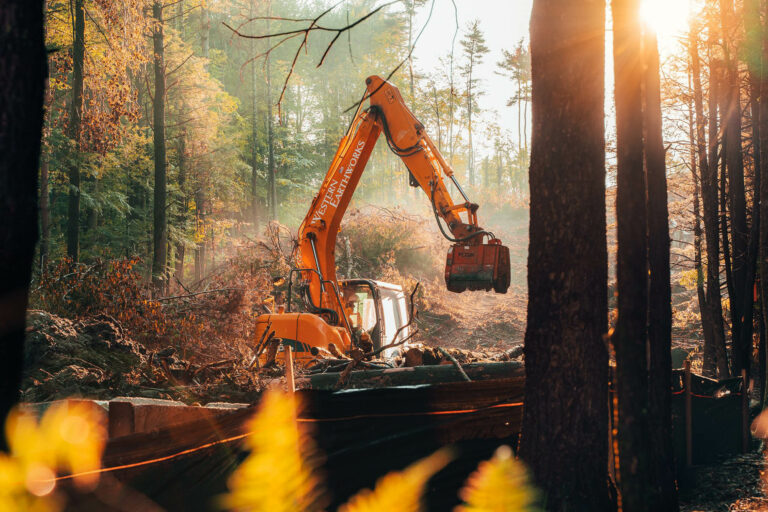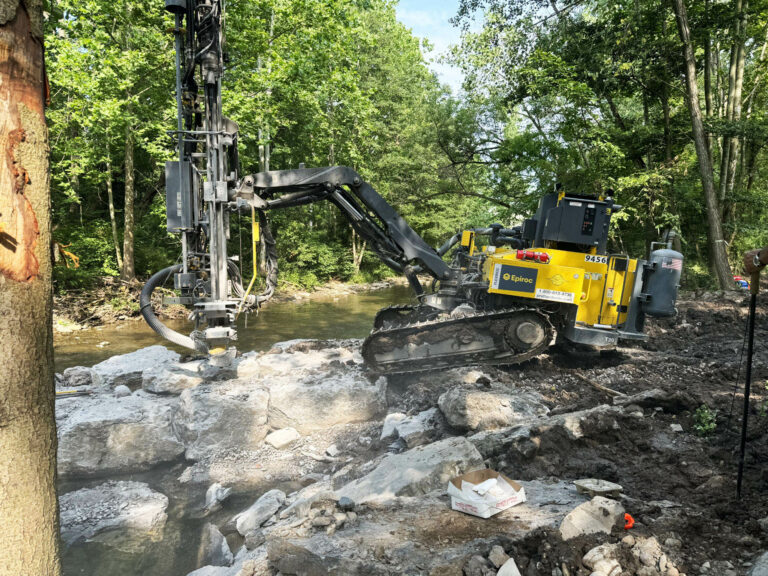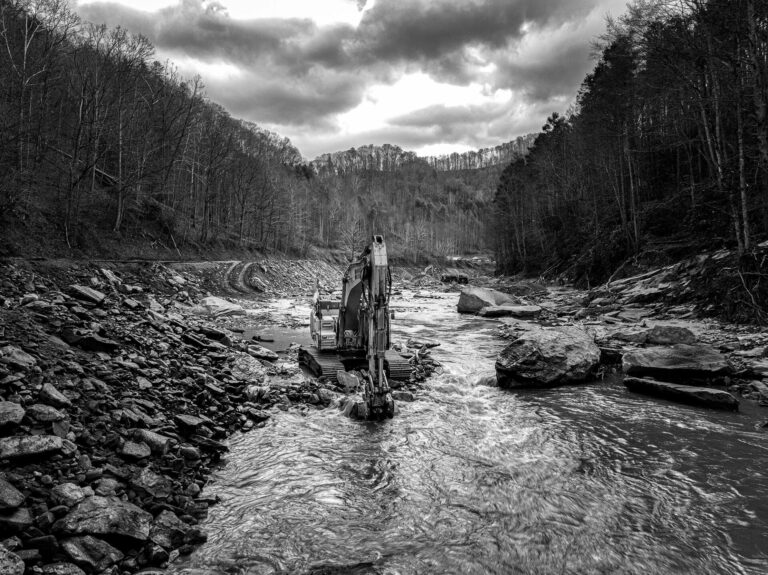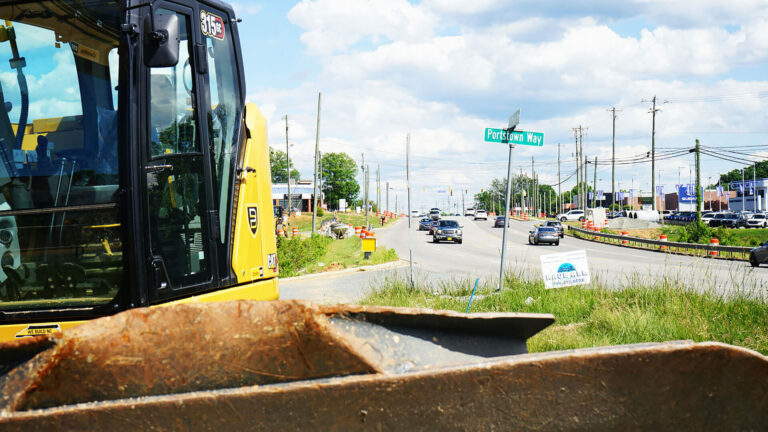In the early 1950s, not long after Weaver Brothers Construction (WBCC) was incorporated, the Interstate Highway Era began in the State of New Hampshire. This period saw the construction of Interstates 93, 89, and 95, projects that reshaped New Hampshire’s transportation network and fueled economic growth. The momentum of this highway work continued in the decades that followed, and with a small team and a John Deere bulldozer, the Weaver Family made its mark on the evolving New Hampshire infrastructure. From the 1970s, and under the new leadership of Herb Goodwin alongside partners Richard Smith and Roger Bates, Weaver Brothers Construction continued to grow and diversify by becoming heavily involved in the construction and reconstruction of the state’s railroads. By the time the Bates family completed the buyout of the company in 1994, Weaver Brothers Construction had fully established itself as a leading road and earthworks contractor, an accolade that holds strong today.
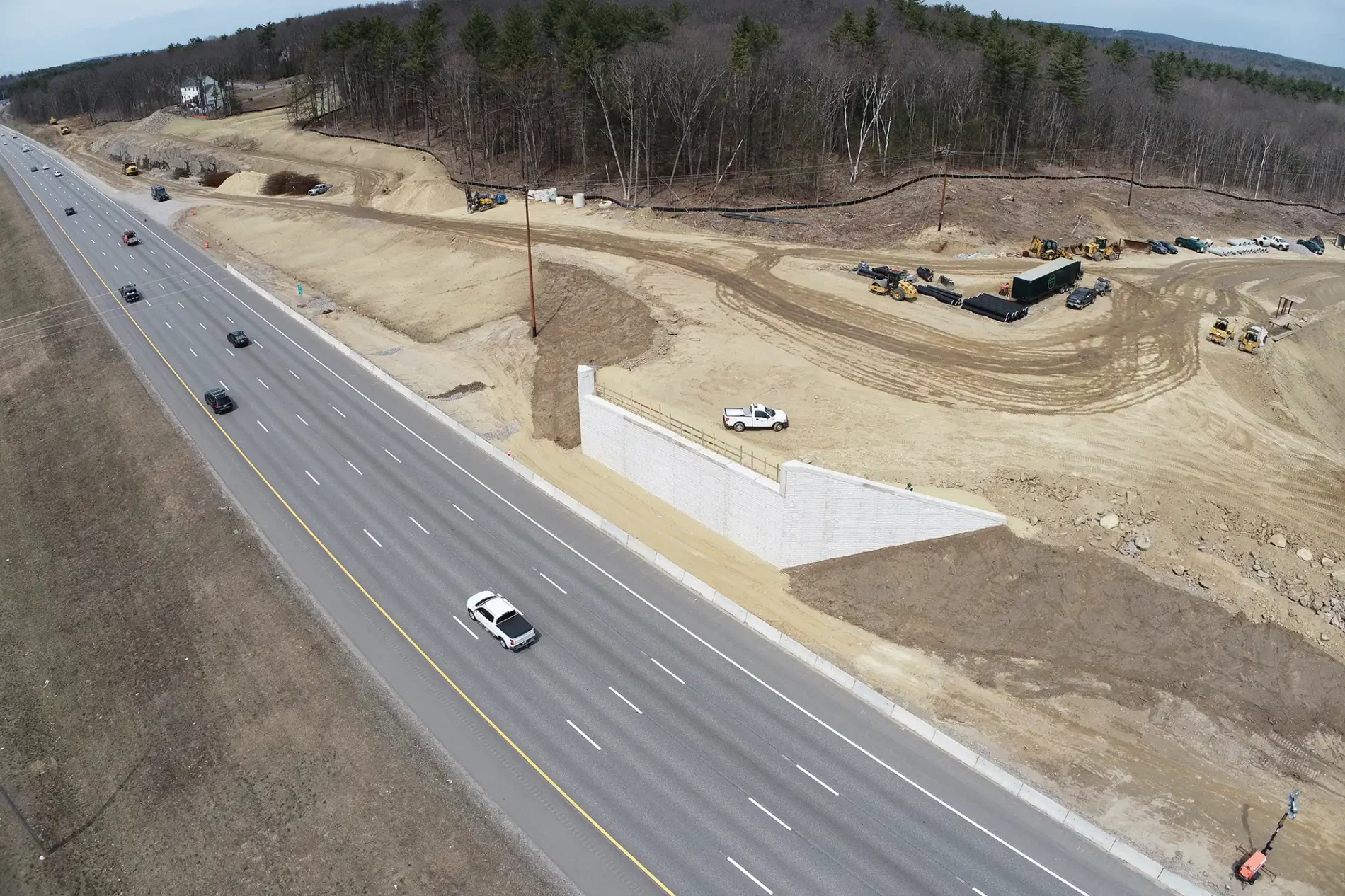
“We focus mainly on the New Hampshire Department of Transportation and local municipal projects,” says Adam Bates, Project Manager & Secretary to the Weaver Brothers Board of Directors. “It’s about 95% road work. Occasionally, we’ll get involved with some heavy civil site work, but usually it’s road and highway transportation jobs, and we do all our own earthwork and utility work. When it comes to bridge work and paving, we work with various subcontractors.” With a team that typically ranges from 45 to 65 employees, WBCC handles projects of different scales, from smaller $100,000 jobs to major $50 million undertakings. “It’s a two-part deal,” Adam says of the company’s service offering. “As far as public sector work goes, we’re generally a prime contractor, occasionally working as a subcontractor if it’s a bridge prime project or something like that. A primary portion of what we do is anything civil related, so excavation, earth and rock moving, drainage, water line, and underground utilities. We will work with anything other than gas. Then it’s all the other stuff that goes along with it like your environmental controls, your traffic controls, and managing subcontractors.”
While there are no Weavers involved in the company today, WBCC is still very much a family-led operation. “The company’s gone through several generations of various families,” Adam says, “but we are still a very family orientated business.” The company’s current leadership team is as close-knit as it gets, made up of Adam, his brother, his father, his uncle, and even his childhood best friend, and together they carry forward the rich history that Weaver Brothers represents. “I’ve been here for 21 years,” Adam says, “which is actually kind of crazy. I can’t speak to anything before my time, but some big moments that I’ve experienced were getting some of our first very large-scale contracts. It’s also hard to put a real judge on that because I’m relating it to my generation. In today’s money those jobs would probably be 50k, $1,000,000.”
In more recent history, and a project with a scale and value that is significant to this modern generation, is Weaver Brothers work on the I-93 expansion. “That really opened the door for several more large-scale projects which we are still currently working on,” Adam says. “Fast forward to a few years ago, we landed the contract for the new exit 4A in Londonderry, building a new bypass road from Interstate 93 into Derry. Now we are currently working on the second contract of that project which is going to bring us through 2028. We’ll also be bidding a third phase of it that when its advertised in the next year, year and a half.”
It is WBCC’s continuous investment in technology that makes it truly industry leading, and that makes it operate to the highest efficiency. Ben Inman, one of the company’s partners and Adam’s best friend growing up, is WBCC’s lead person in the machine control portion of the business. Ben leads the company in its use of cost saving technologies including machine control systems from Milton CAT and SiTech Northeast, as well as using drone technology to survey projects and gather quantities. “We consider ourselves, at least in the state of New Hampshire, one of the leading contractors on the technology forefront,” Adam says. “We may not be one of the largest ones, but we probably have one of the largest investments in this type of technology, and I think that’s part of why we’re able to operate with such a lean overhead.” Running a lean business despite the scale and volume of its projects is something that WBCC prides itself on. “We contribute that to hard work and efficiency,” Adam says, “efficiency being probably the number one contributor.”
“We may not be one of the largest ones, but we probably have one of the largest investments in this type of technology.”
Without this industry-leading investment in technology, which is ever-evolving through perpetual innovation, Weaver Brothers would not be the highly efficient Lean Machine that it is today. “We’ve got the 4A project with the first contract completed and we are in the second contract of that now,” Adam says of where the company’s currently at. “We’re just in the finishing stages of our third large scale rehab project on Interstate 89 in the Warner to New London area. We’ve been working on that stretch of highway for the last five years.” Weaver Brothers hopes to maintain its momentum on the large-scale highway projects that have long defined its history, though much of that depends on the New Hampshire Department of Transportation and available funding. “I think the DoT are going to maintain a level amount of funding,” Adam says, “but there’s certainly some large-scale projects on the horizon that, if New Hampshire can’t find a way to increase the funding, those are going to be put off.”
Conscious of this fact, WBCC remain open to smaller projects, and will not see themselves at a loose end if the DoT does not deliver a pipeline of large-scale work. “If these large-scale projects get postponed, some being the further widening of 93 through Bow and Concord and the I-293 expansion in Manchester, we’re going to change our approach and the way we look at the smaller projects that come along. We’ve already got a couple of smaller projects that are in the early stages, like building a roundabout in Hopkinton, and doing a new signalized intersection in Loudon. We just wrapped up a taxiway project for the Lebanon airport. Airport work is not our primary focus, but when the right projects come along, we do like to go after them. We’re also doing some municipal work for the town of Warner and the Town of Hopkinton. We do a lot in the Central New Hampshire area.”
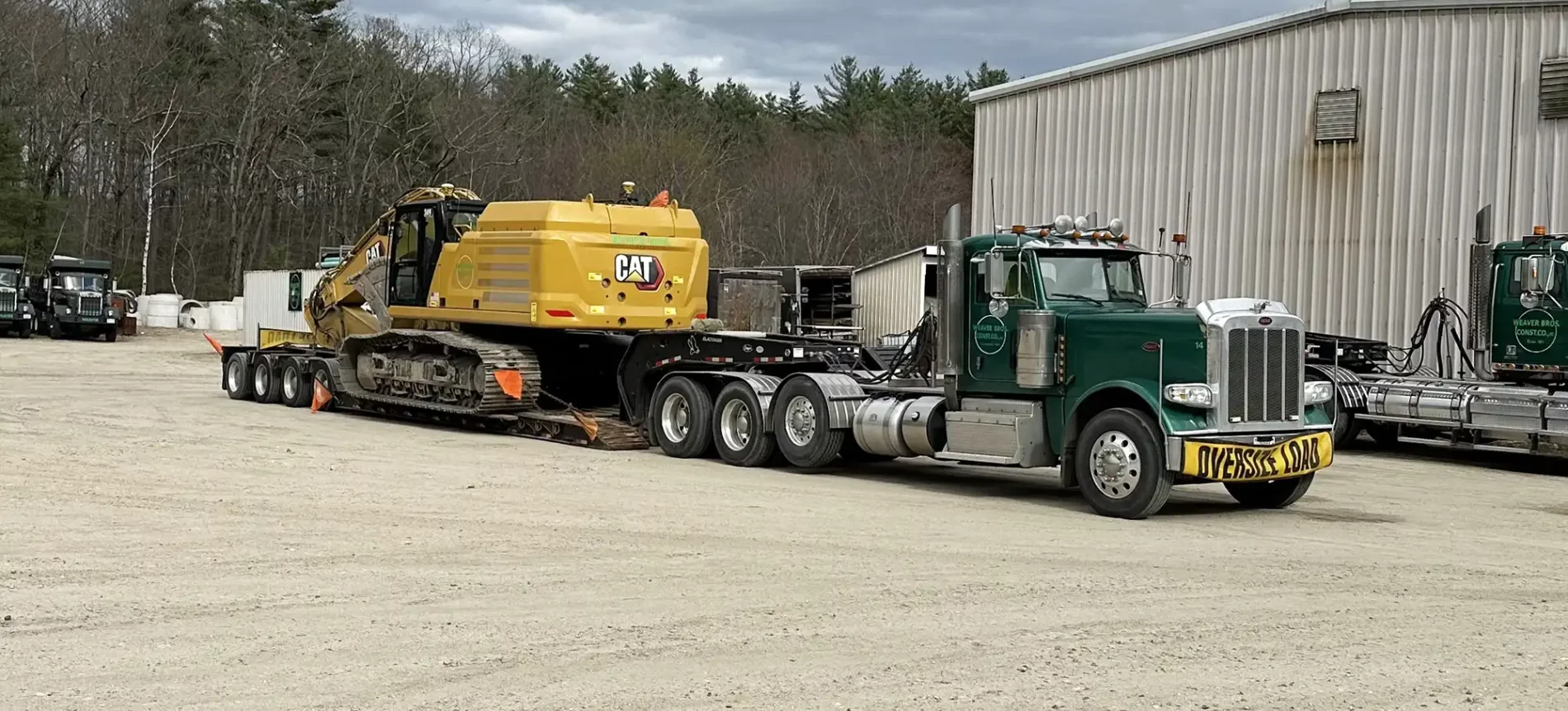
This ability to pivot between big and small jobs is part of the reason why, for almost eighty years in business, Weaver Brothers has never needed to work outside of the State of New Hampshire. The choice not to broaden its geographical footprint is just that – a conscious choice – and one that allows them to remain lean and agile while better serving the place it calls home. “We’ve certainly been taking on a lot of larger projects,” Adam says, “but we like to maintain our size because we can grow and contrast with the industry as far as our workload.” By keeping its operations local, Weaver Brothers has built deep connections across New Hampshire – not only within the construction industry, but also throughout the local communities it serves. By proudly supporting various youth groups, sports teams, and local charities, WBCC helps makes New Hampshire and the little pockets of community within it a better place. WBCC also offers a Scholarship Fund in memory of late President Mark Bates, which provides significant financial assistance to New Hampshire students attending Plymouth State University and seeking a bachelor’s degree in Physical Education or Business. WBCC recognizes the importance of the business community within New Hampshire too and has built valuable partnerships with the Associated General Contractors of New Hampshire, New Hampshire Good Roads, and the NH Department of Transportation. These initiatives, partnerships and outreach programs are each driven by a single purpose – to strengthen and support New Hampshire’s local and business communities.
Backed by the support of its local community and equipped with an experienced and driven team, a non-negotiable set of family values, a lean and local business model and the latest innovations in construction technology, Weaver Brothers continues to do as it has done for over seventy years – to shape the landscape of New Hampshire, one road at a time.








